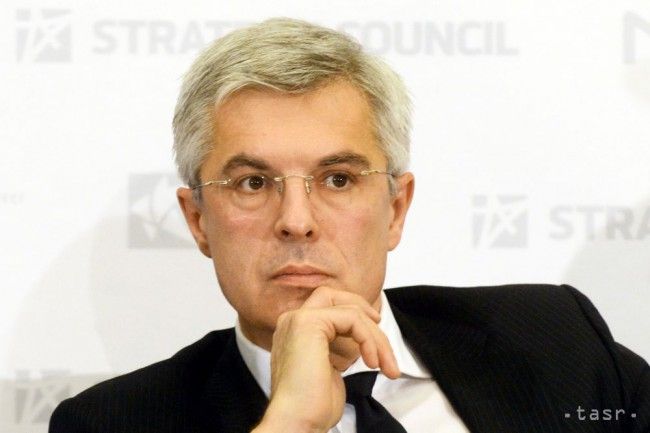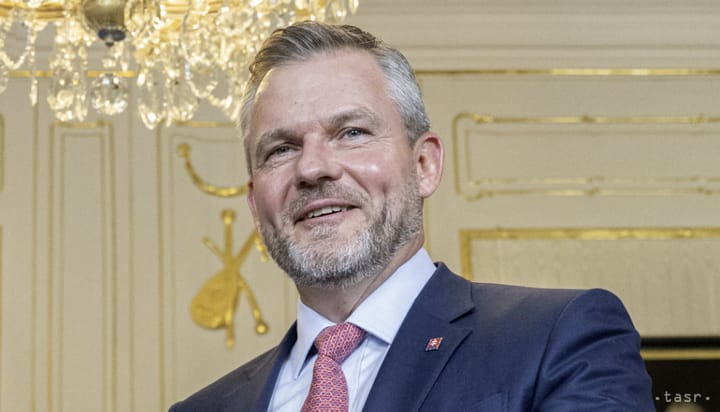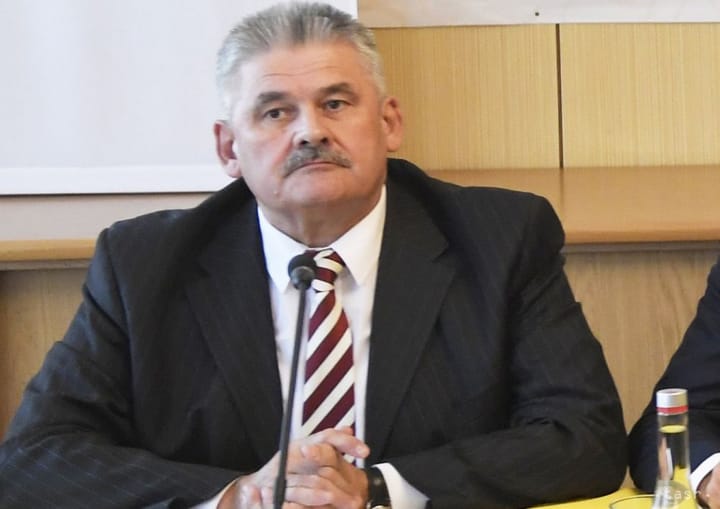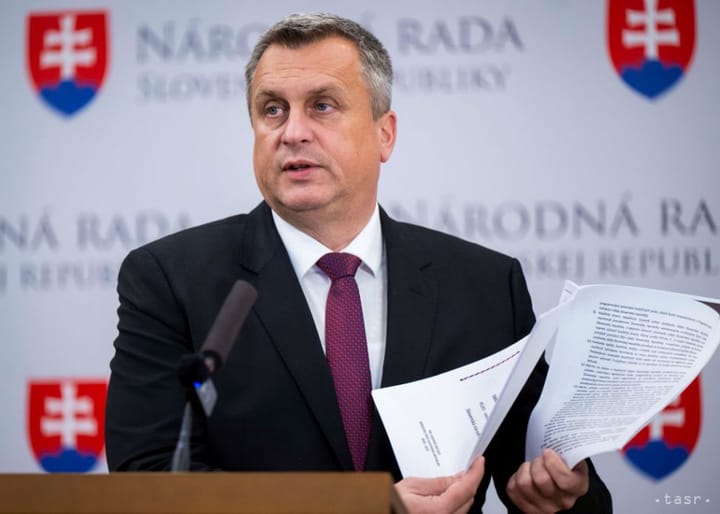Korcok: Elections, Brexit, Migration and Syria - Top Challenges of 2017

(RTVS, O 5 minut 12, December 18)
Slovakia’s Presidency of the Council of the EU was a prestigious event for the country, and we’ve come up with quite a long list of concrete results, said Slovak Foreign and European Affairs Ministry State Secretary and the Government’s proxy for the presidency Ivan Korcok on RTVS’s discussion show ‘O 5 minut 12’ (Five Minutes to Twelve) on Sunday.
Slovak MEP Boris Zala (Smer-SD) and We Are Family MP Milan Krajniak appeared on the show as well.
“One of the ten things that we’ve achieved for our citizens and for citizens of the EU during our presidency is that roaming will be cancelled as of July 1. People will phone abroad without any charges thanks to an agreement on wholesale roaming,” stressed Korcok.
Other successes were: the swift adoption of the EU’s 2017 budget; progress made in Energy Union – the creation of a mechanism that obliges every member state to disclose what kind of deal and with whom are they about to sign in the area of energy supplies; and the introduction of high-speed 5G internet connections.
Zala added that it’s exactly thanks to Slovakia’s presidency that a large social package will be in development in 2017. “The social package concerns the introduction of a European minimum wage and a project for reducing differences between salaries [in individual member states],” stated Zala.
Krajniak said that Slovak diplomacy handled the presidency very well in terms of its organisation, but it failed in its main goal – to bring the EU closer to people. “The credibility of the EU in the eyes of the public hasn’t been restored at all, quite the opposite,” he said.
Krajniak added that trust is dropping partly due to multiple scandals that occurred during the presidency. “We presented a logo worth €300,000, even though Malta presented its own one a month ago for €0,” said Krajniak, pointing to a specific violation of the law – a contract with Viva Musica! agency worth €123,000 for further promoting the logo. “The contract entered into force on July 7, but the concert and the event for this money was held on July 2,” emphasised Krajniak, who added that the event wasn’t financially supported only by the Foreign and European Affairs Ministry but also by Tipos, the Art Support Fund and Bratislava Self-governing Region with a total sum of €440,000.
Korcok stated that the EU will face several challenging events next year – elections in some key EU-member states, Brexit, the persisting migration crisis and the situation in Syria. He considers the Schengen area and the common currency to be projects that should be stuck to.
Krajniak said that he’d be glad if the EU functions in the way originally intended – that is, to be based on the free movement of people, goods, services and capital.
“If we want to be a global player, we have to establish closer cooperation in terms of security and foreign policy and to develop common security, military and foreign policies. This is what is hopeless with respect to Syria,” added Zala.



